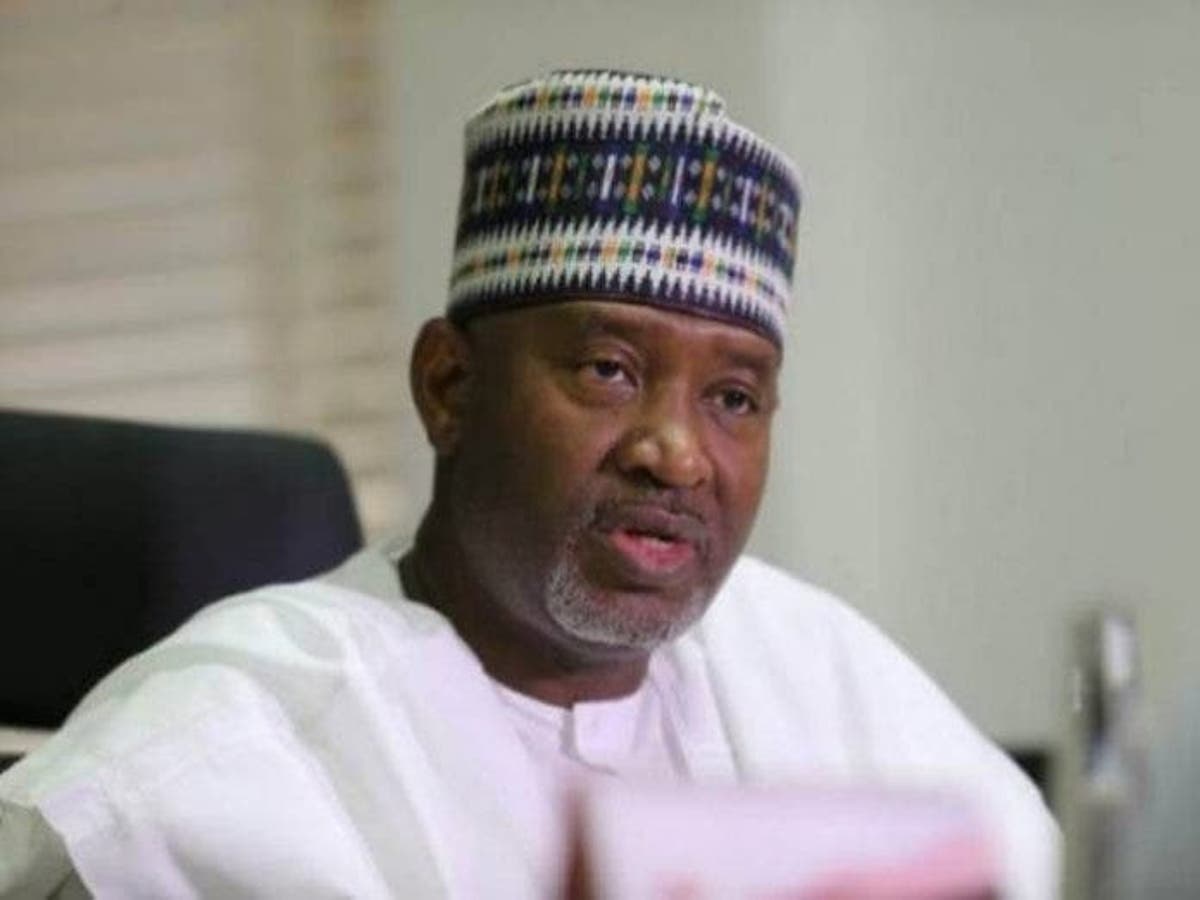The federal government announced last week that it has concessioned two international airports and renamed the aviation ministry as the “Ministry of Aviation and Aerospace of Nigeria”. For many, however, the second announcement appeared disingenuously designed to obscure and draw critical attention away from the serious public significance of the first.
Well-meaning Nigerians will find it easy to dismiss the name change for the aviation ministry as yet another instance of form over substance in Nigerian government, after all, the outgoing administration has hardly had any policy on aerospace development over the past eight years. But well-meaning Nigerians cannot dismiss the announcement by the government that it had concessioned the Nnamdi Azikiwe International Airport, Abuja and the Mallam Aminu Kano International Airport, Kano for 20 and 30 years, respectively.
As the Minister of Aviation, Hadi Sirika, told State House Correspondents after Wednesday’s Federal Executive Council (FEC) meeting presided over by the President Muhammadu Buhari, “the consortium that won the bid are Messrs Corporación America Airports consortium and in the consortium, they have Messrs Mota-Engil Africa and MSSRS Mota-Engil Nigeria and this is through a PPP and it’s for 20 years for Abuja and 30 years for Kano.”
The Minister then disclosed that the total amount of money that is accruing to government is $700m for Abuja and then $97.4m for Kano. Put together, it is about $800m. This is equal to the amount of money that we borrowed to build those four airports”, although the concession fees or upfront money the federal government stands to receive for both airports is less than $10m, that is, only $7m for Abuja and $1.5m to be given for Kano.
- Hope as Buhari inaugurates Dangote Refinery tomorrow
- APC tackles Tambuwal over renaming of educational institutions
It is true that the concessions followed open bidding, and that the Infrastructure Concession Regulatory Commission (ICRC) issued a certificate of no objection on the bidding process. Still, Daily Trust finds the entire concession curious and we call on the federal government to not only stay action on it, but to outrightly rescind it forthwith.
A decision that will bind Nigeria to a contract with local or foreign entities for a combined period of 50 years should not be taken by a government that has only two weeks left in office. That would be a serious contradiction. This is even more so if the decision involves divesting public property into private hands, whether in the name of concession, privatization, commercialization or whatever. Thus, the concession by this government at this time raises fundamental questions of fairness, legitimacy and propriety in relation to the public interest, even if the concession satisfied the routine concerns of regulatory agencies. Why the concessions at all and why now?
There is yet another contradiction. Why borrow and spend public money to upgrade the airports only to hand them over to private concerns in the name of a concession? As the Aviation Minister himself said during his briefing, the federal government had borrowed almost the same amount now being expected from the concessioning process from foreign creditors to finance the upgrading of the four airports, including those of Port Harcourt and Lagos. It is not clear to Nigerians whether those loans have been repaid or what has happened to the repayment process.
This leaves the important question of why had the government not considered the option of concessioning the airports in the very first place, instead of taking out a loan that must be repaid with interest? And why concession the airports when the government has less than two weeks to go? What happens to the initial loans?
Equally fundamental, why 20 years and 30 years for the airports in Abuja and kano respectively? The global economy changes so rapidly nowadays that the value of a transaction done today could be worth a hundred times more than that only a few years down the line. Therefore, tying public resources to a contract with a private company for a combined period of 50 years in such a rapidly changing global economic environment is not only imprudent, it bothers on criminal negligence. And it is worse so if the public resources in question were a product of unpaid loans, and when the government that sanctions the transaction has all but expired.
Moreover, legislative oversight remains an important mechanism for accountability and transparency required for public policies, even where regulatory agencies such as the ICRC in this case, are satisfied. What happens if a few months or years into the concession a legislative oversight committee finds reasons to reject the entire process? This would likely land the federal government in a slew of lawsuits for claims of damages, a familiar circus in Nigerian policymaking practice.
For these and many more reasons, we call on President Muhammadu Buhari to cancel the concession of the two airports. Should President Buhari fail to do that by 29th May, we call on President-Elect Bola Tinubu to cancel them on his first day in office. Government policy must not only be in the public interest, it must be seen to be so.

 Join Daily Trust WhatsApp Community For Quick Access To News and Happenings Around You.
Join Daily Trust WhatsApp Community For Quick Access To News and Happenings Around You.


